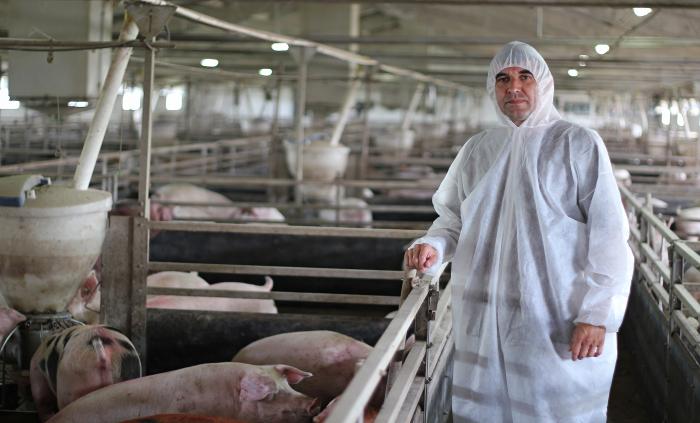Biosecurity on farms in Malaysia is a crucial element to ensure the well-being and efficiency of the nation’s farming sector. Biosecurity is essential to protecting, managing, and stopping the spread of disease such as pests, pathogens, and insects that could destroy crops as well as livestock. As Malaysia is continuing to grow and grow its agricultural industry and expand its biosecurity program, the implementation of effective practices is becoming more important to ensure Malaysia’s food security as well as financial stability.
One of the most important aspects of biosecurity in the farm is prevention. The effects of diseases can be devastating to livestock and crops which can cause massive financial losses as well as disruptions to the supply chain for food. Implementing strict biosecurity guidelines like quarantining any new species of animals and plants, observing for indicators of illness, and ensuring proper hygiene Farmers can lower the chance of outbreaks of diseases and safeguard their investment in agriculture.
In Malaysia in Malaysia, where the agricultural landscape can be diverse, and that includes cultivation of various crops such as rice and palm oil and raising animals like poultry or cattle as well as fish, the possibility of the transmission of diseases is substantial. The spread of disease like Avian Influenza Foot-and-Mouth Disease, and various phytopathogens could have catastrophic effects. So, the government, together with industry and farmers participants, have recognized the significance of biosecurity to prevent and manage these threats.

Biosecurity animal production malaysia isn’t restricted to preventing disease, but can also be used to control of invasive species and pests. Pests invasive to the area can quickly multiply and destroy crops, which can lead to a loss of crop and financial loss. Implementing measures like surveillance of pests as well as integrative pest control (IPM) as well as the application of pest-resistant plant varieties are vital components of biosecurity, which help reduce the risks.
Awareness and education play an important role in the promotion of the biosecurity of farms among Malaysian farmers. The training and seminars offered by agricultural organizations and authorities provide farmers with the information and expertise required to apply efficient biosecurity practices at their farms. These programs help to connect the gap between technological developments in biosecurity and their use within the field.
Farm biosecurity in Malaysia is an essential component of the country’s agriculture sector. In focusing on prevention of disease as well as pest control along with education Malaysia is able to improve its agriculture’s resilience, safeguard the supply of food and help the economic growth. While the landscape for agriculture evolves and changes, the government, farmers as well as other stakeholders need to collaborate in order to ensure that strong biosecurity policies remain at top of the development of agriculture in Malaysia. This approach is proactive and will not guarantee the future of Malaysian agriculture, but will also assist in helping satisfy the ever-growing need for sustainable and safe food production.


